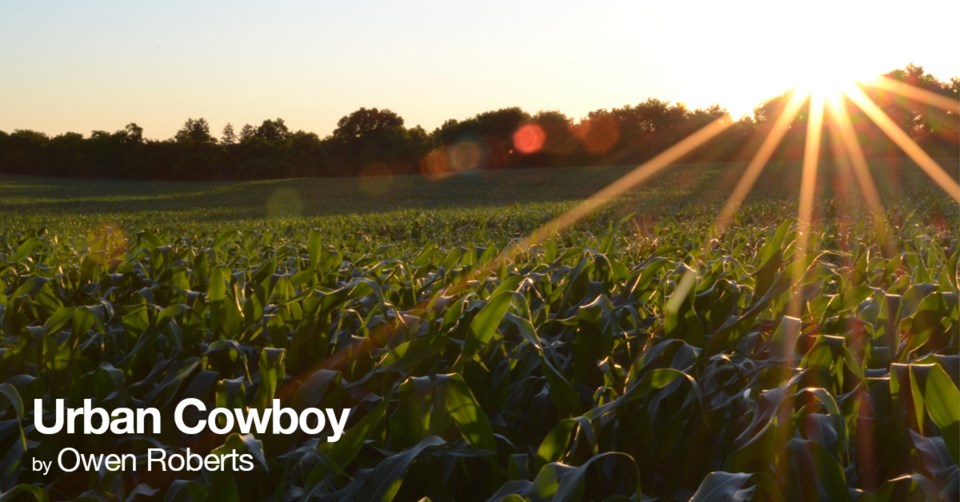Ontario Agriculture Week is this week, marking a time when we typically reflect on the great bounty we find around us as we head into the Thanksgiving holiday.
It doesn’t usually involve looking much past harvest — at least, not for most of us.
But Ontario Premier Kathleen Wynne took a long view late last month. With the midpoint mandate of her provincial government having been reached, she put pen to paper in an effort to help guide both new and established ministers on the next part of their journey, by providing them with what’s called mandate letters.
Those are missives that give each cabinet minister their marching orders for the foreseeable future.
For Jeff Leal, Minister of Agriculture, Food and Rural Affairs, that featured a strong and continued emphasis on the environment.
Wynne opened her mandate letter to Leal by asking that he work closely with other ministers to deliver positive results on initiatives that cut across several ministries, specifically mentioning the Climate Change Action Plan, among others.
More specifically, she directed him to support the agri-food sector to adopt low-carbon technologies, and to support the Minister of the Environment and Climate Change and Minister of Energy in promoting the production and utilization of renewable natural gas from Ontario farms and food processing facilities.
For the environment, the premier gave the minister a directive to release a pollinator health plan this fall, and take “additional actions to address the key stressors that impact pollinator health.”
She doesn’t say what those are. But she instructed the minister to continue implementing the province’s first Pollinator Health Strategy, which included an 80 per cent reduction in the number of acres planted with neonicotinoid-treated corn and soybean seed by next year, and a reduction in mortality rates for honeybees to 15 per cent by 2020.
On the growth side, Leal is directed to continue supporting the Premier’s Agri-Food Challenge. It’s been a focal point for the sector, calling upon it to double its growth rate, and create 120,000 jobs by 2020.
Part of this growth might come from developing what Wynne calls “world crops” — the likes of bitter melon, bok choy and okra — to meet the diversity of Ontario consumers.
“For many Ontarians, traditional food ingredients need to be imported because they are not locally available,” she says. “Working with stakeholders and industry partners, you will develop a strategy for the promotion of locally grown world crops by winter 2017.”
World crops could indeed be a boon to some Ontario farmers. As far back as five years ago, research from the University of Guelph identified such crops as an untapped market in Ontario, to the tune of more than $60 million a month. It’s mainly served now by imports.
Dairy, poultry and egg producers will be glad to hear Wynne wants Leal to continue to champion supply management. She says supply management and regulated marketing helps maintain a stable, quality supply of products for Ontario’s food processers and consumers.
And by next summer, she wants to see a provincial Agricultural Soil Health and Conservation Strategy for public release by summer 2017. This will include provincial investments in precision agriculture, the kind being researched in a big way at the University of Guelph — soil mapping and digital technology to help gather data and information needed to assess soil health, carbon sequestration and accounting.
The following year, in early 2018, she wants Leal to have worked with the minister of the environment and climate change to develop a draft Lake Erie Action Plan. She says that will move the province towards its target of reducing phosphorus levels in Lake Erie by 40 per cent.
And finally she wants Leal help finalize the review of the growth plan for the Greater Golden Horseshoe, Greenbelt Plan, Oak Ridges Moraine Conservation Plan and Niagara Escarpment Plan.
“This includes continuing the work to protect prime agriculture lands and natural heritage systems by supporting the work of the relevant ministries in their efforts to complete the mapping of these areas in summer 2017,” she says.
No doubt about it, the premier is determined to make agriculture and the environment as compatible as possible, every week of the year.
